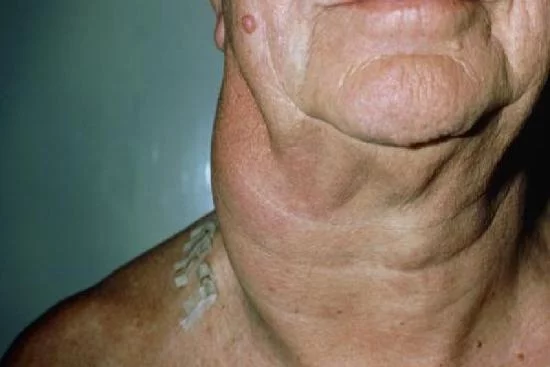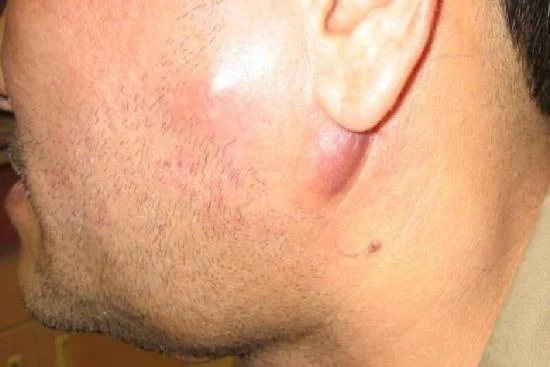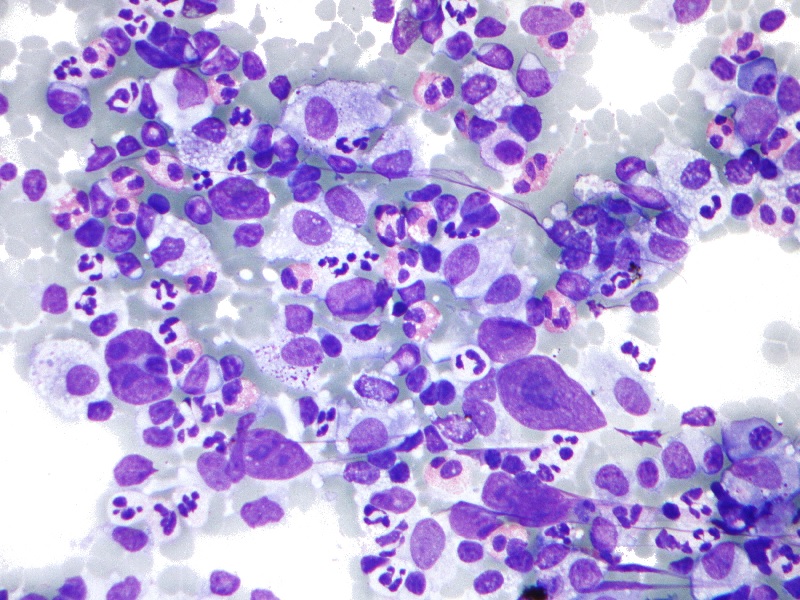Hodgkin's lymphoma is a rare cancer of the lymphatic system characterized by abnormal proliferation of immune cells. Named after the physician Thomas Hodgkin, it accounts for approximately 0.5% of all cancers diagnosed each year.
- People of all ages with Hodgkin's disease.
- Nausea
- Vomiting
- Hair loss
Quality care at competitive prices
When you choose Turquie Santé, you benefit from personalized treatment for Hodgkin's disease at advantageous rates.
To provide you with the best care, Turquie Santé rigorously selects its partner clinics in Istanbul, Ankara, Antalya and Izmir. Our clinics are selected based on strict criteria: recognized expertise, international certifications, high patient satisfaction rates, and specialization in lymphoma treatment.
Best Clinics with Verified Reviews

- Multispecialized hospital
- 7 operating rooms
- Capacity é of 170 beds

Hodgkin's lymphoma: What does it consist of?
Hodgkin's lymphoma is a cancer characterized by abnormal cell proliferation in the lymph nodes. This proliferation is due to the presence of Reed-Sternberg cells, the cancer cells characteristic of this disease. Affected lymph nodes increase in size, most commonly in the neck, armpits, or groin.
Although Hodgkin's lymphoma can occur at any age, it mainly affects young adults (15-35) and people over 55. The prognosis is excellent, especially in children, with more than 90% of cases cured with current treatments.
The Epstein-Barr virus, which causes infectious mononucleosis, is suspected of playing a role in the development of Hodgkin's lymphoma in certain individuals.

Hodgkin's lymphoma symptoms
Hodgkin's lymphoma most often presents as painless swelling of the lymph nodes, forming masses under the skin. Although this is a typical feature, other symptoms may also occur, such as:
- Fever.
- Intense itching.
- Involuntary weight loss.
- Night sweats.
These signs, often combined, should raise the alarm and prompt medical attention. In Turkey, the Turquie Santé team can put you in touch with the best specialists for accurate diagnosis and appropriate treatment.

Diagnosis of Hodgkin's lymphoma in Turkey
To make an accurate diagnosis of Hodgkin's disease, your doctor will perform a thorough clinical examination. This includes a physical examination to look for swollen lymph nodes or other signs of the disease. A detailed questioning of your medical history will help clarify your symptoms and guide the investigation.
Additional tests may be needed to confirm the diagnosis:
- Imaging tests: X-rays, CT scans, etc. to show the extent of the disease in the body.
- Lymph node biopsy: Removal of a piece of lymph node to test for the presence of characteristic cancer cells (Reed-Sternberg cells).
- Immunophenotyping: A test used to classify the type of Hodgkin lymphoma and tailor treatment.
- Other tests: blood tests, lung and heart function tests, bone marrow biopsy (to check for possible spread).
All of these tests are necessary to make an accurate diagnosis and to determine an individualized treatment plan.

Risk factors for Hodgkin lymphoma
Although the origins of Hodgkin's lymphoma are not fully understood, researchers have identified several factors that may contribute to its development.
These risk factors include:
- Infection with the Epstein-Barr virus.
- Genetic factors.
- Exposure to harmful substances (tobacco, radiation).
- Immunodeficiency (HIV/AIDS).

Treatment of Hodgkin's disease
Thanks to medical advances, the prospects for curing Hodgkin's lymphoma have never been better. In Turkey, the 5-year survival rate is around 86% and even higher in the early stages of the disease.
The treatment of Hodgkin's lymphoma is tailored to the individual patient, depending on factors such as the stage of the disease, age and general health.
Treatment options offered by our partner clinics include:
- Chemotherapy: Use of drugs to destroy cancer cells.
- Radiation therapy: Using radiation to target cancer cells.
- Targeted therapy: Using drugs that specifically target cancer cells.
- Stem cell transplantation: Replacing diseased cells with healthy ones.
Share this page
Around 85% of people diagnosed with Hodgkin's lymphoma have a life expectancy of at least five years.
Lymphatic system cancer can affect people of any age, but it is more common in young adults and people aged 15 to 40, as well as in people over 55. However, it's important to note that Hodgkin's disease can occur in both children and older people.
Hodgkin's disease is generally considered to be sporadic, meaning that it is not directly inherited from parents. The most significant relational link in terms of family history and Hodgkin's lymphoma concerns a twin affected with the disease.
Thus, the vast majority of lymphoma cases occur at random and are not related to specific genetic factors. According to the ACS (American Cancer Society),only 5% of Hodgkin's disease cases are genetically linked.
The treatment duration of Hodgkin's disease can vary depending on several factors, including:
- The stage of the disease
- The individual patient characteristics
- The specific treatment protocol that was chosen by the medical team (chemotherapy, stem cell transplant, radiotherapy, etc.).
In general, treatment of Hodgkin's disease can last several months.
According to general statistics, the 5-year survival rate for Hodgkin's disease is around 86% to 90% for patients with early stages (stages 1-2) and around 80% for patients with advanced stages (stages 3-4). It should be noted that these figures are general estimates and may vary according to various individual factors.






